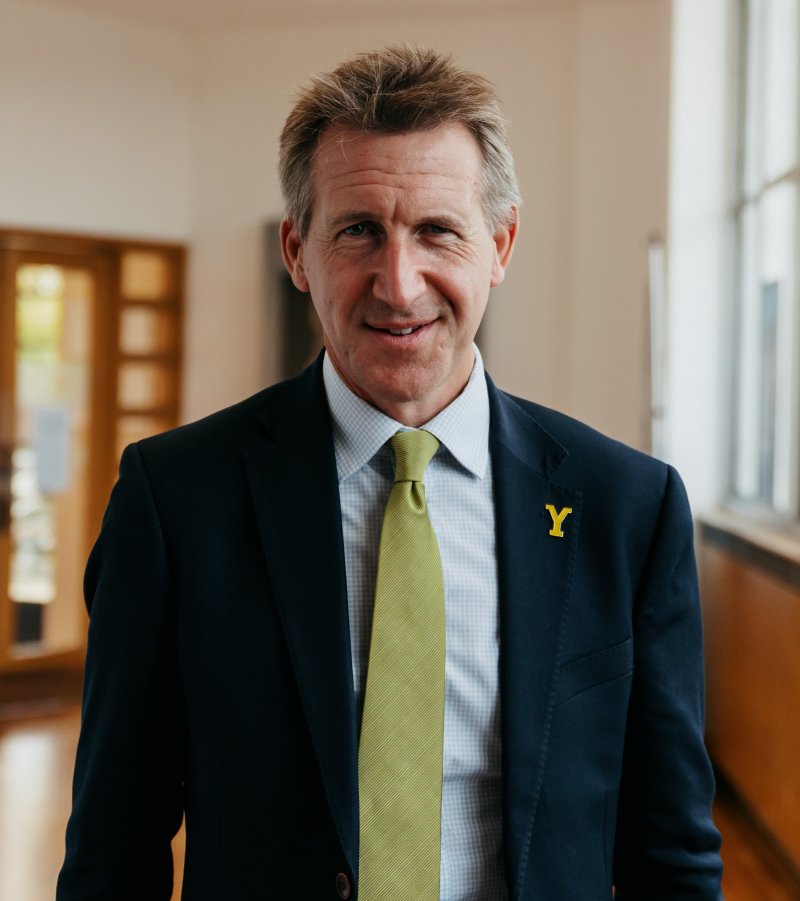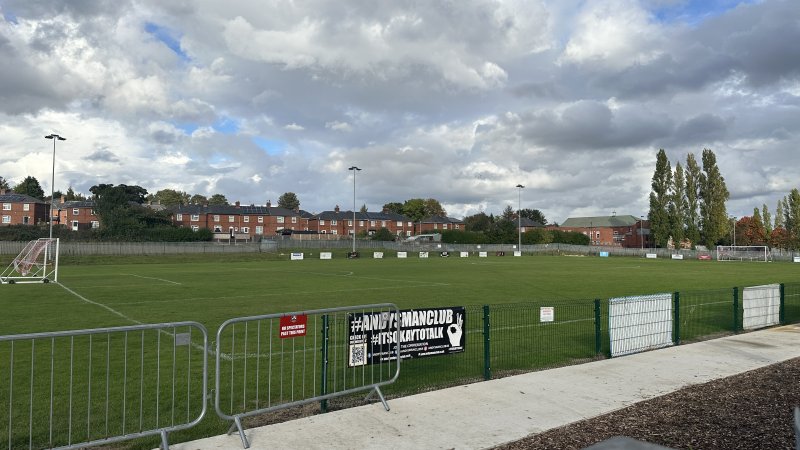BARNSLEY Hospital bosses are asking people to use its life-saving emergency services ‘appropriately’ as it faces high demand due to winter pressures.
These pressures - including higher numbers of serious respiratory cases and falls - mean A and E departments have been extremely busy during recent weeks.
People with long-term conditions are also more likely to be admitted to hospital during winter and some people will face long waits in A and E, it has been warned.
Medics have issued a plea to patients to consider if they can seek other sources for help and advice if not in need of emergency or life-saving treatment.
Lorraine Burnett, chief operating officer, said: “Like the NHS across the country, our emergency department is really busy so we’re asking patients and their families to help us.
“Please consider other sources of help and advice such as NHS 111 and community pharmacies for anything that isn’t life-threatening or an emergency, such as colds, ear aches and sore throats.
“As is often the case in winter, this is not an easy time for our teams across the organisation and we thank them for their continued hard work and professionalism.”
Figures have shown there are a significant number of people attending the emergency department who could be seen elsewhere.
The increase in demand on emergency hospital services is region-wide, and it is expected that the current challenges on services will continue for ‘some time’.
Hospital leaders say they are planning accordingly, while monitoring and adapting to demand and maintaining the best possible service for patients.
Extra beds were brought in at the end of October after staff revealed they were anticipating a 30 per cent increase in inpatients over the winter months.
The extra capacity - which totals 24 beds on ward 37 - cost £667,000 to implement and will be in place until May.
Minister of State for Health, Karin Smyth, added: “We’ve inherited an NHS that is broken but not beaten - staff have been doing an excellent job in coping with record attendances at A and Es.
“Services have been failed for too long and change cannot happen overnight, but we are working closely with trusts and local authorities across the country to start our preparations for the colder months as we continue our plans to build an NHS that is fit for the future.”
Professor Julian Redhead, NHS national clinical director for urgent and emergency care, says up to 40 per cent of patients who turn up at A and E don’t really need to be there.
He said: “We want to make sure that all patients are getting the safest possible care which is why we are launching our campaign encouraging everyone to get to the help they need by using NHS 111’s online or telephone services this winter.
“Our plans for winter include easier access to urgent treatment centres and community care, and so whether 111 gives you over the phone clinical advice, directs you to a pharmacist, GP team or community provider, or arranges a call with a nurse or paramedic, by using it you can help us ensure everyone is getting the care they need.
“And as ever, it is vital that the public use 999 and A and E in life-threatening situations.”



























